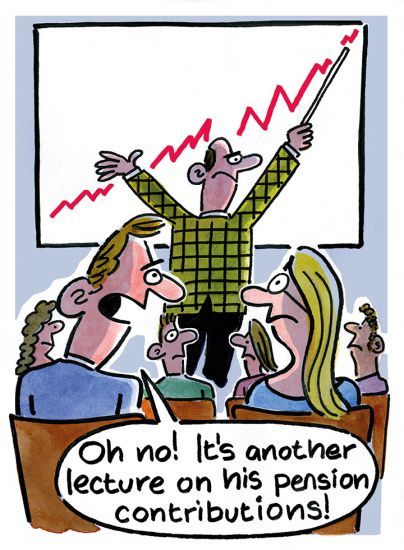
As Love Island returned to the UK’s television screens this summer and the nation’s attention was once again stolen away from anything remotely productive, tabloid headlines screamed a fact that none of us had ever questioned before: that more people applied to go on a two-month holiday on telly than applied for a place at Oxbridge this year. “Of course they did,” the intellectual elite scoffed, “you don’t need three A levels to sit around in a bikini all day.” Well, let it be known that the Islanders are smarter than the intelligentsia may think, if a Daily Mail article is to be believed. According to financial consultancy Frontier, contestants who stayed in the villa until the 30 July final are likely to earn as much as £2.4 million from endorsements, advertisements and appearances within the next five years. “Even an ordinary ex-Islander who goes through life endorsing protein powder on Instagram can reportedly make close to £1 million,” the report states. Meanwhile, Oxbridge graduates earn a mere £1.8 million over their lifetimes, on average.
One veteran Labour MP is certainly unimpressed with the financial dividends offered by the higher education sector. Dame Margaret Hodge, a former chair of the Commons Public Accounts Committee, applied earlier this year to become chair of council at Royal Holloway, University of London – a voluntary, unpaid position. She was selected as the preferred candidate, but according to The Daily Telegraph, the former minister has said that she will take up the post only if paid a “modest” fee of £20,000 a year. Astonishingly, Royal Holloway is said to be considering Dame Margaret’s demands, despite having attracted “well over 100 good applicants” to the role. The university must first succeed in a proposal to amend historical statutes stipulating that the chair of council is a voluntary post. If it is money that she is after, perhaps Dame Margaret should consider applying for Love Island instead.
Staying on money matters, many of the UK’s universities and their staff will be left out of pocket by increases in contributions demanded by the sector’s largest pension scheme, the Universities Superannuation Scheme. Even before a review of the fund’s deficit by an expert panel is completed, the USS said that it planned to increase employee contributions from 8 per cent to 8.8 per cent in April 2019, to 10.4 per cent in October 2019, and to 11.7 per cent in April 2020. Employer contributions will rise from 18 per cent to 24.9 per cent in a bid to close the scheme’s deficit. Bill Galvin, the USS’ chief executive, acknowledged that the increases would “require substantial adjustments” on the part of both employers and staff. Mr Galvin, meanwhile, will be able to treat himself to whatever substantial adjustments he likes, having pocketed a £69,000 pay rise last year.
The UK may be struggling to strike a deal with the European Union, but Coventry University has inked an agreement of its own in preparation for Brexit. The institution said on 30 July that it would open a branch campus in the Polish city of Wrocław in September 2019, offering English-medium undergraduate courses in business, cybersecurity and IT, engineering, and hospitality and tourism. With EU recruitment on shaky ground, Coventry’s move – backed up by student exchange opportunities with its UK campuses – may be a wise one: Polish admissions to UK universities rose by almost 130 per cent between 2012 and 2018, and the country is now the fourth-biggest source of applicants from other EU countries.
A postdoctoral researcher at Imperial College London is on a one-woman mission to get more female scientists into the history books. Frustrated by a lack of progress on attracting more girls into science and improving gender representation online, Jess Wade, who specialises in plastic electronics, took matters into her own hands by writing 270 Wikipedia pages in a year. “I kind of realised we can only really change things from the inside,” Dr Wade told The Guardian. “Wikipedia is a really great way to engage people in this mission because the more you read about these sensational women, the more you get so motivated and inspired by their personal stories.” Dr Wade said that she aims to write one new page profiling an inspirational female scientist every day, “but sometimes I get too excited and do three”. Studies suggest that it will take 258 years to close the gender gap in physics alone, based on current rates of progress, but, if Dr Wade’s project catches on, perhaps we could get there much sooner.